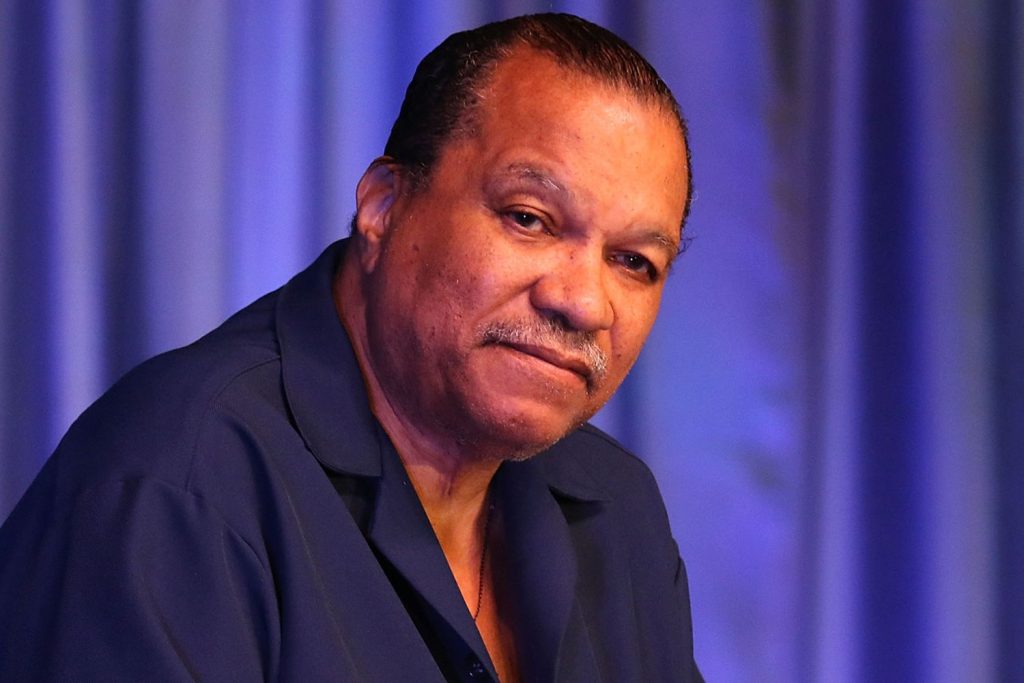In today’s interconnected world, cultural sensitivity has become an increasingly vital aspect of social interaction, media representation, and artistic expression. However, navigating the complexities of cultural sensitivity can often be challenging, particularly in a landscape where societal norms, historical context, and individual perspectives intersect. This article aims to explore the multifaceted nature of cultural sensitivity, highlighting the importance of understanding context in addressing controversies and promoting respectful dialogue.
Cultural sensitivity encompasses a broad spectrum of considerations, including race, ethnicity, religion, gender, sexuality, and socio-economic background, among others. It involves recognizing and respecting the diversity of human experiences and perspectives, while also acknowledging the historical legacies of discrimination, oppression, and marginalization that continue to shape contemporary societies. At its core, cultural sensitivity emphasizes empathy, inclusivity, and a willingness to engage with different worldviews and lived realities.
One of the key challenges in navigating cultural sensitivity lies in recognizing the inherent subjectivity of human experience. What may be considered respectful or appropriate in one cultural context may be perceived as offensive or insensitive in another. This underscores the importance of approaching cultural sensitivity with humility and a willingness to listen and learn from diverse perspectives.
In recent years, controversies surrounding issues such as cultural appropriation, representation in the media, and historical revisionism have sparked impassioned debates about the boundaries of artistic expression and free speech. These debates often center on questions of power dynamics, privilege, and the potential harm caused by misrepresentation or appropriation of marginalized cultures.
For example, the practice of blackface, historically used to caricature and dehumanize Black people, remains a deeply offensive and hurtful form of racial mockery. Despite its historical significance, some argue that it has no place in contemporary society and should be unequivocally condemned. Others, however, contend that artistic freedom should not be restricted by political correctness and that context should be taken into account when evaluating the intent behind such representations.
Similarly, debates about cultural appropriation in fashion, music, and the arts have highlighted the complexities of borrowing from and engaging with diverse cultural traditions. While cultural exchange can foster cross-cultural understanding and appreciation, it can also perpetuate harmful stereotypes and exploit marginalized communities for profit or acclaim. The challenge lies in striking a balance between celebrating cultural diversity and respecting the integrity and autonomy of cultural traditions.
In addressing controversies related to cultural sensitivity, context is key. Understanding the historical origins and social implications of cultural practices and symbols can provide valuable insights into their significance and meaning. It is essential to consider the perspectives of those directly affected by cultural representations and to center their voices in discussions about cultural sensitivity.
Moreover, promoting cultural sensitivity requires ongoing education, dialogue, and introspection. It involves confronting uncomfortable truths about systemic inequalities and injustices, as well as challenging entrenched attitudes and biases. By fostering empathy, empathy, and mutual respect, we can create a more inclusive and equitable society where cultural diversity is celebrated rather than diminished.
Cultural sensitivity is a complex and multifaceted concept that requires careful consideration of historical, social, and individual contexts. By acknowledging the nuances of cultural expression and engaging in respectful dialogue, we can navigate controversies surrounding cultural sensitivity and promote a more inclusive and empathetic world for all.
